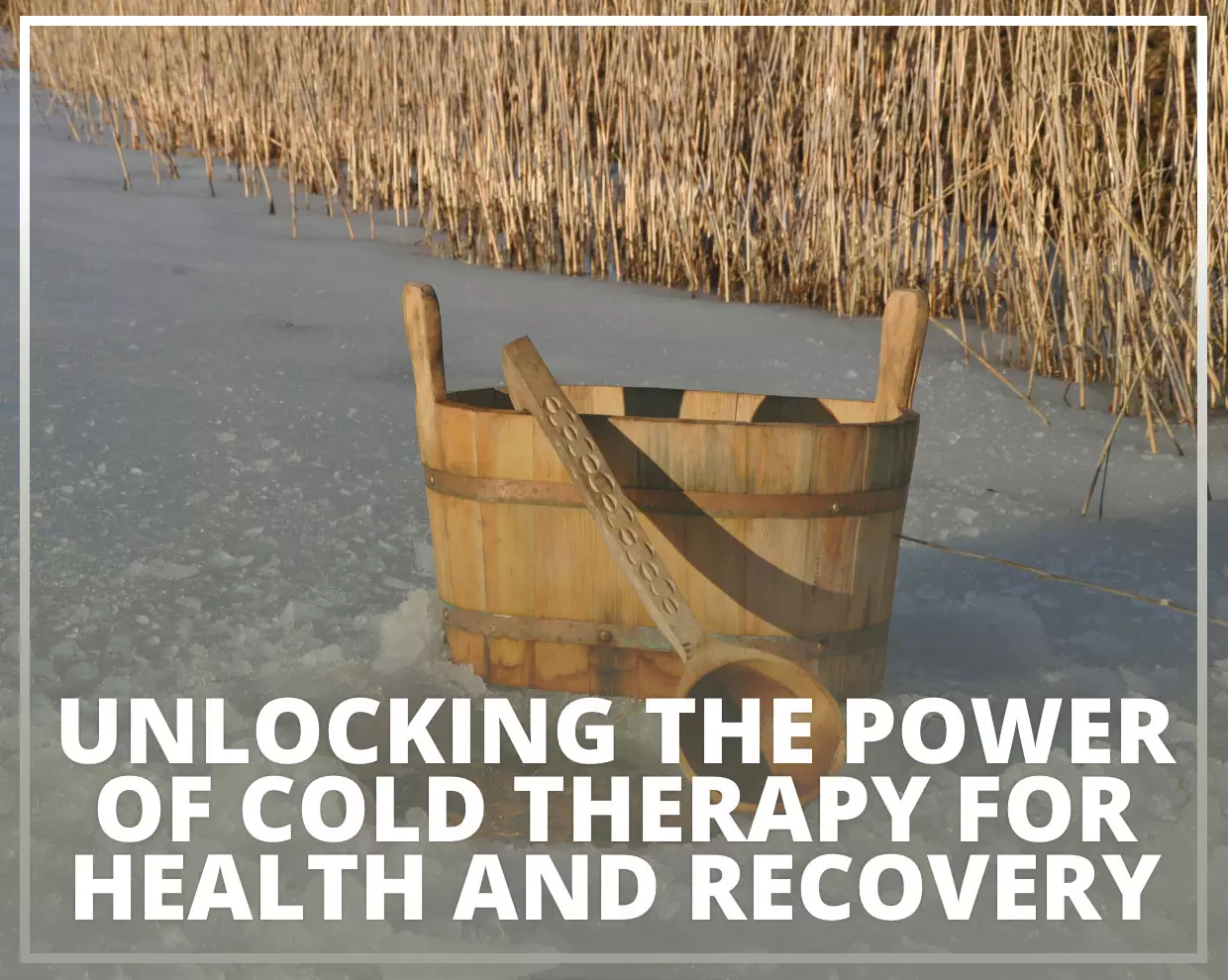Lesson Eight; The role of sunlight
Helen Keller's quote, "Keep your face to the sun and you will never see the shadows," aptly captures the essence of sunlight's benefits. Beyond providing essential vitamin D, sunlight offers a range of health advantages.
Sunlight can be extremely beneficial in safe doses, and the best part: it’s free.
What is Vitamin D?
Soaking up a safe amount of rays is an ideal way to source some vitamin D and it’s actually where we get most of our vitamin D from. Sensibly exposing yourself to sunlight allows your skin to absorb vitamin D, which is then transported to your liver and kidneys. Vitamin D is known to be necessary to nourish your teeth, bones, and muscles.[1][2][3]
Your parasympathetic nervous system
While the sympathetic nervous system (SNS) is associated with the 'fight or flight' response, the PNS controls body relaxation functions, such as slowing down breathing and heart rate, and promoting digestion. [4] A dominant SNS can lead to issues like poor sleep and anxiety. Sunlight activates the PNS, particularly the vagus nerve, helping to balance the PNS and SNS. A study found that sun exposure produces Alpha-MSH, which stimulates the PNS. [5]
Your vagus nerve is part of your PNS and is in charge of the heart, lungs, and digestive tract. So effectively, sunlight can support your PNS, helping to make your SNS less dominant.
Red and infrared light therapy
Studies have shown the promising rise of red and infrared light therapy in various health aspects, such as skin health, diabetes effects, and mental health support. [6][7][8][9] These therapies work by supporting mitochondrial energy production, which is crucial for healing. Modern lifestyles often limit exposure to morning and evening sunlight, which is rich in wavelengths similar to red and infrared light therapy. Thus, these therapies may mimic the benefits of morning sunlight.
Stress and mood
It’s no secret that feeling the sun on your skin can instantly improve your mood, but what if this is more than a fleeting feeling and there is a science to back it? Well, there is!
Sunlight positively affects mood by increasing serotonin and melatonin levels in the body. [10] Serotonin supports mood and relaxation, while melatonin assists in stress management. Sensible sun exposure can, therefore, support mental health.
So, by being in the sun for sensible amounts of time (which may be based on the individual), you may also be helping your mental health.

 NZ Store
NZ Store  UK Store
UK Store AU Store
AU Store EU Store
EU Store









